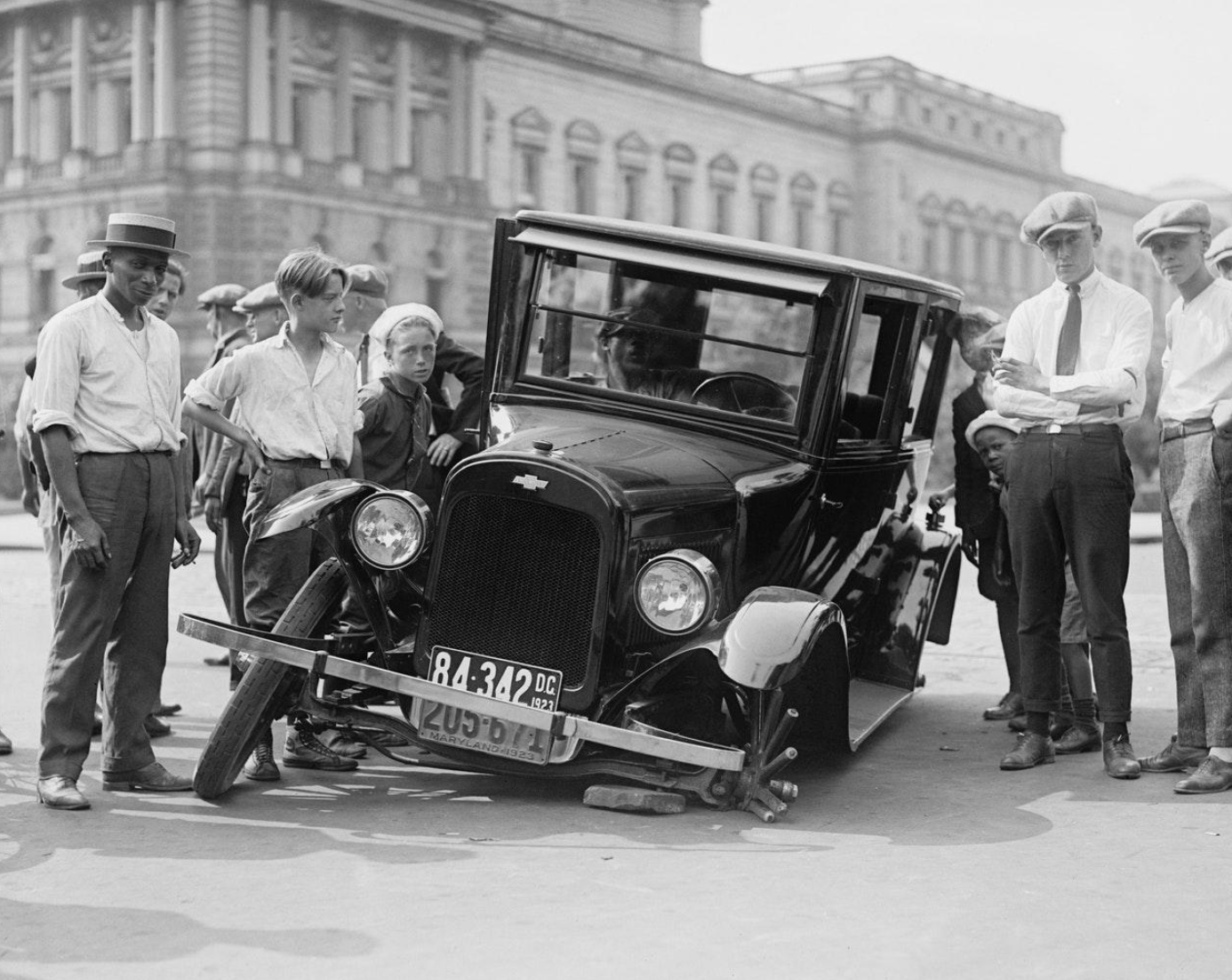There is no precise equation to determine the total damages that a victim might be awarded after a car accident.
When you get in a car accident, the financial and emotional ramifications can go far beyond paying for a stint in the local hospital. In fact, insurance providers might be quick to offer coverage for all initial medical expenses, hoping that you will feel grateful not to have to bear the financial burden upfront.
However, don’t be too quick to settle after a car accident. There are numerous other types of losses that might not initially come to mind, but these expenses and loss of income can quickly add up. Keep in mind that some losses might be calculated on lifelong changes to a person’s lifestyle or employment. Below, you will find three types of losses from car accidents that go far beyond any initial injury.
Types of losses from car accidents
Losses due to car accidents are typically broken down into three types:
1. Economic
2. Non-economic
3. Punitive
Economic damages are those that can have a definitive value attached to them. Examples include reimbursement for medical bills, fixing a vehicle, or replacing damaged property.
Non-economic damages include intangible losses. These are losses that could differ from person to person and might be case-specific, which is why it is best to seek an appointment with an auto accident Attorney San Antonio. Without a knowledgeable legal team behind you, it would be challenging to fine tune a monetary equivalent for such factors as emotional distress or loss of companionship.
Unlike economic and non-economic damages, punitive damages are not meant to compensate the victim in a car accident. Instead, punitive damages are awarded to deter and punish the defendant or guilty partner for encouraging them to change their reckless and negligent behavior. Note that not all states allow for the collection of punitive damages by a plaintiff, and it can be a challenging loss to prove.
Economic losses
Economic losses as the result of a car accident can go far beyond medical issues. These may include, but are not limited to:
- Initial loss of wages
- Long term loss of earning capacity
- Loss of retirement benefits
- Loss of pension
- Loss of a spouse’s wages (if they must limit their work as a result of the accident)
- Loss of enjoyable employment (if you need to change your career path)
- Loss of housekeeping (you may need to hire someone to do jobs such as home maintenance, gardening, dog walking, or babysitting that you otherwise would have done)
- Traveling costs (additional expenses for traveling to specialists, hotel stays, or taxi fare if you can no longer drive yourself or your dependents)
- Loss of use of a vehicle (reimbursement for insurance and other expenses for a car that might need to sit idle if you can no longer drive or be in a repair shop for weeks)
- Loss of property (items in your vehicle that may have been damaged or destroyed, such as electronics, sporting equipment, or expensive clothing)
Non-economic losses

Non-economic losses are much more abstract than economic losses as they can typically not be compensated based on replacement value or the like. How do you quantify grief? Is one person’s pain worth more than another’s? Grief, or pain and suffering, are examples of non-economic losses which can be calculated in strictly monetary terms.
While economic damages will compensate a car accident victim for expenses incurred, non-economic damages will counterweight for any inconvenience, pain, suffering, or emotional distress. Examples of other non-economic losses from a car accident may include:
- Mental hardship
- Emotional anguish
- Long-term loss of quality of life
- Physical disfigurement or impairment
- Loss of consortium (the inability to maintain an intimate relationship)
- Loss of companionship
- Wrongful death (calculated based on the impact of the victim’s death on surviving family members)
Punitive damages
Punitive damages may only be awarded by a judge and are meant to punish the defendant or make an example of them such that future motorists would be encouraged to avoid the same level of gross negligence. Punitive damages are not commonly awarded in motor vehicle accidents except in extreme circumstances.
There is no precise equation to determine the total damages that a victim might be awarded after a car accident. We are confident that many of the losses listed above might not have ever come to mind when considering the disruption to a victim’s daily life following a crash. This is precisely why it is instrumental to seek counsel from an experienced personal injury lawyer or firm before signing any documentation. You and your family may be eligible for lifelong compensation benefits.


Join the conversation!